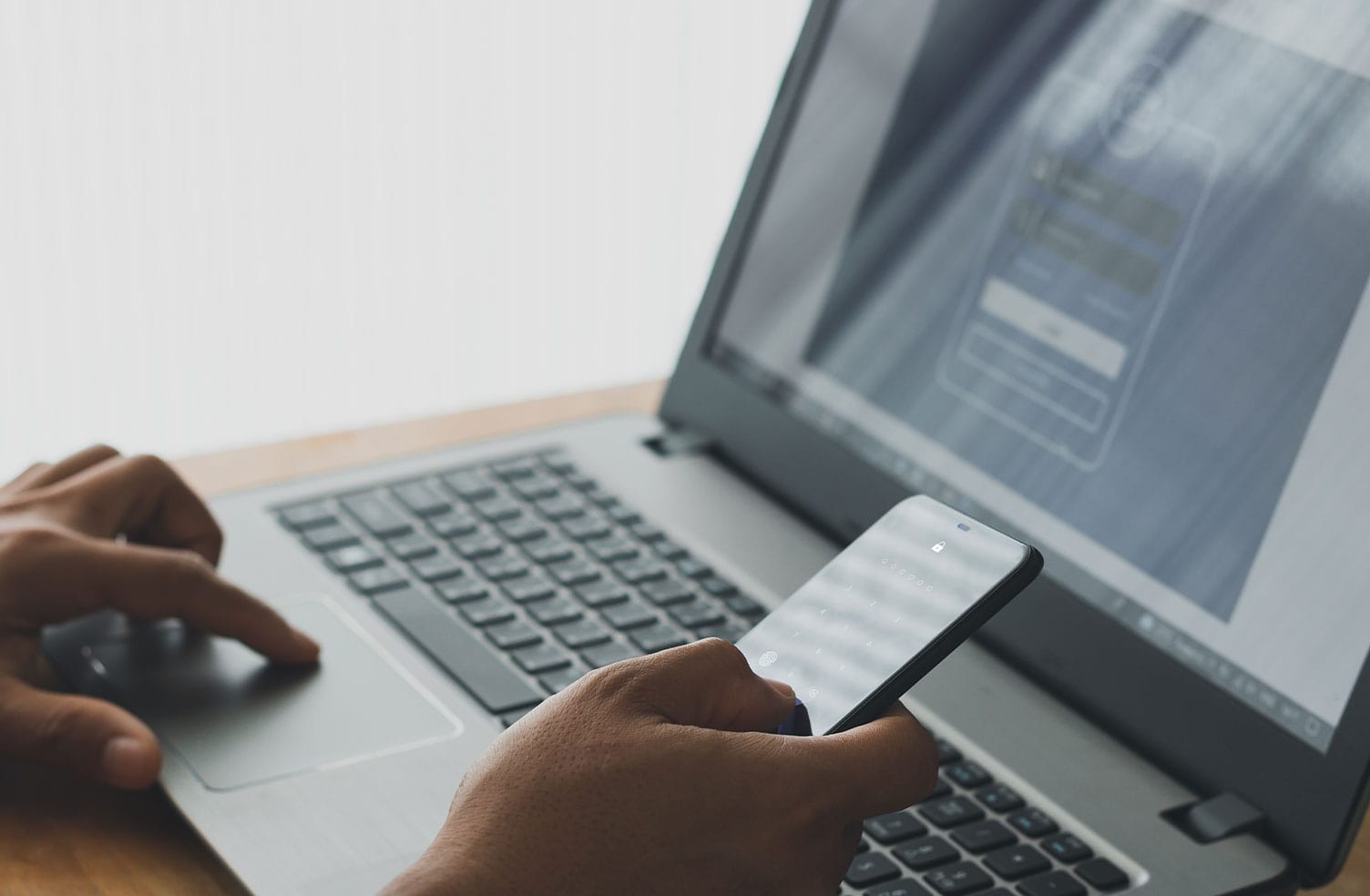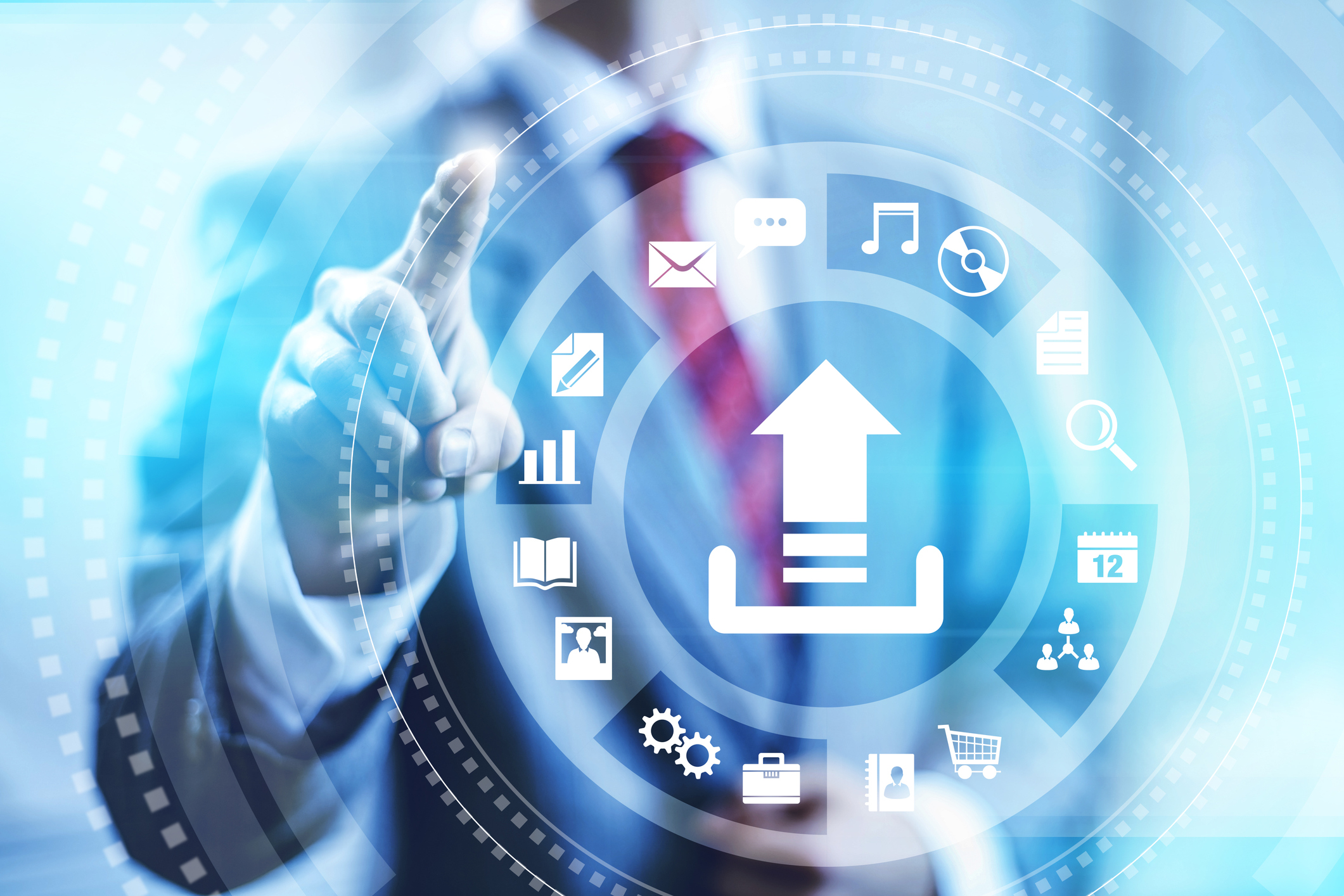
The battle between stronger security for your organization and convenience for employees is one that many businesses are familiar with. It can be a massive burden on your team to remember complex passwords for all their private accounts, so they often default to simple codes used across each platform. This increases your risk of stolen passwords, unauthorized access, and forgoing sensitive data.
One authentication solution that bridges the gap between user convenience and security measures is MFA. MFA, or multi-factor authentication, is quite beneficial and easy to implement. Find out why MFA is important for your business and how you can use it as a line of defense against cyberattacks!
What is MFA?
At its core, MFA is a system that requires multiple levels of security to access an account. True MFA solutions require at least a second factor or third factor to prove the user’s identity — which go beyond the easily interceptable security questions of the past, like where you went to school or what street you grew up on.
The three types of MFA for better password security are:
- Something you know: think passwords or passcodes
- Something you have: think physical devices, such as smartphones, computers, or security keys, or USB drives
- Something you are: think voice recognition, fingerprints, or facial recognition
Most of us already use passwords or passcodes, but single sign-on (SSO) is not strong enough. A very common form of MFA requires users to either tap a button on their device to confirm identity or enter a security code sent through a text message to the device.
These extra layers of security provide a much stronger sense of control over who has access to your accounts because a hacker will most likely not have someone’s external device. Or, better yet – they wouldn’t be able to use biometrics for voice and facial recognition!
4 Reasons Your Business Needs MFA
A stolen password is relatively useless if MFA is enabled.
1. Protect Against the Inevitable: Weak Passwords
The number one most used password, still in 2022, is “123456”. Hackers know this, and they know that passwords are often reused, which is where we see password dumper malware, brute force attacks, and other forms of stolen credentials come into play.
MFA allows you to exert greater control over your company’s sensitive information by forcing users to exercise stronger security measures. So, even if their passwords are stolen, they have a much greater chance of securing their data.
2. MFA is a Front-Line Attack
What’s the point of those firewalls and security software if someone has unauthorized access to your network? MFA will keep these bad actors at bay and not allow them entry into your systems to begin with, which ensures the rest of your cybersecurity solutions can do their job. MFA also alerts you to suspicious logins, so you can be aware of unusual activity and take greater security measures if needed.
3. Solving The Work From Home Problem
Remote work has led to increased use of personal networks and devices, which will not have the same security precautions as those that are company-owned and managed. You can leverage MFA to help minimize the number of opportunities cybercriminals have for gaining unauthorized access, even if they have other login credentials.
4. Industry Compliance
If you work in healthcare, banking, or any other industry that collects sensitive information, there is likely a state or federal law that requires strong authentication processes. MFA is compliant with access management regulations.
Finding the Right MFA Solution for Your Ohio Business
MFA solutions can be customized to a business’s unique needs. So, ultimately, you’ll want to consider what your needs for a stronger authentication method are. Do you need to protect employees or customers? Do you have specific devices or endpoints? Do you need to meet authentication requirements? From there, you can consider the elements specific to your system, such as who has control over users, how tokens are sent, how to handle revoked access, etc.
Implementing MFA or even two-factor authentication is a major undertaking, but Warwick is the team for the job! Our cybersecurity providers will work with your business to understand what security measures are needed and how we can create a system that supports that.
Ready to learn more? Contact Warwick today!




